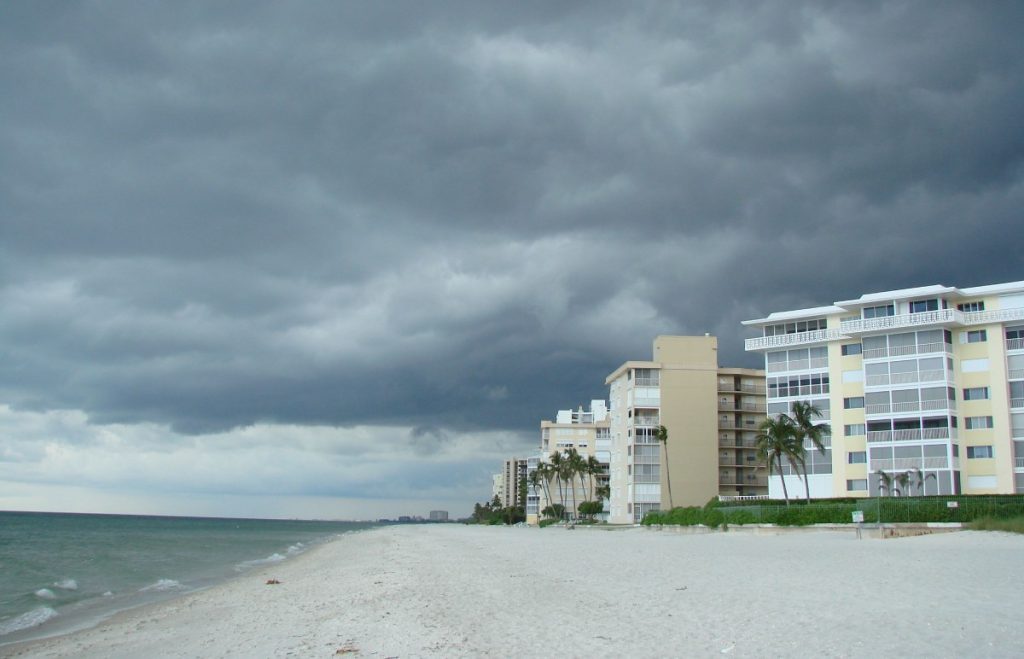Most basic commercial insurance policies, including association master policies, provide coverage for the actual cash value of damages sustained as a result of a covered loss. Actual Cash Value is generally the amount it would actually cost to repair or replace the damaged property, minus depreciation.
Actual cash value policies, however, are usually insufficient to put an association back in its pre-loss condition because of the deductions for depreciation. Best practices mandates that associations purchase replacement cost coverage to ensure that they are entitled to enough money to actually make the repairs necessary. Replacement cost is calculated as the amount it would take to repair or replace the damaged property with new property of like value and quality.
In the course of a normal replacement cost claim, insurers will sometimes pay the actual cash value of the damages and then tender the recoverable depreciation once the costs are incurred or the work is completed. Accordingly, it is often becomes necessary to determine the actual cash value even if the policy provides for replacement cost coverage.
Recently, it has become apparent that many commercial insurers may have been miscalculating the actual cash value of damages, and this may have resulted in payments for amounts less than what was actually owed.
Insurance policies usually provide the method of calculating actual cash value, and parties must look to the valuation section to determine the appropriate value of damages. The standard valuation provision in commercial policies reads, in part:
Valuation
We will determine the value of Covered Property in the event of loss or damage as follows:a. At actual cash value as of the time of loss or damage, except as provided in b., c., and d. below.
The policy expressly provides that actual cash value is determined as of the date of loss, not as of the date the estimate is written or the claim is submitted or re-opened. In many situations, this may seem trivial because price lists used in estimating do not generally change drastically from year to year. However, in some instances such as Hurricane Wilma claims, this could mean that the policyholder receives a lesser amount than is actually owed.
Consider the following example:
During a hurricane, an association’s roof is damaged. At that time, the price for replacement of the roof was $100,000.00.
After the storm, the association’s insurer determines that the roof is not significantly damaged and can be repaired for less than the deductible.
A year later, the association is continuing to suffer leaks despite the fact that the repairs suggested by the insurer have been performed. So the association asks for the claim to be re-opened.
After re-evaluating the roof, the insurer’s engineer agrees that the roof should have been replaced due to the storm and the insurer, using current price lists, estimates replacing the roof at $80,000.00.
Taking 20% depreciation, the insurer tenders a check to the association for the actual cash value of the roof in the amount of $64,000.00.
In the above situation, the amounts paid by the insurer for the actual cash value are incorrect because the express terms of the policy state that the actual cash value is calculated as of the time of the loss. Had the insurer calculated the actual cash value in accordance with the valuation provision, the amount owed would be the full $80,000.00 (representing 80% of the $100,000.00 it would have cost to replace the roof at the time of the storm).
Calculating the amount owed in accordance with the policy provisions is an important part of indemnifying an insured. Policyholders and professionals on both sides should read the policy carefully to determine whether amounts paid are sufficient and in accordance with the provisions of the policy.

